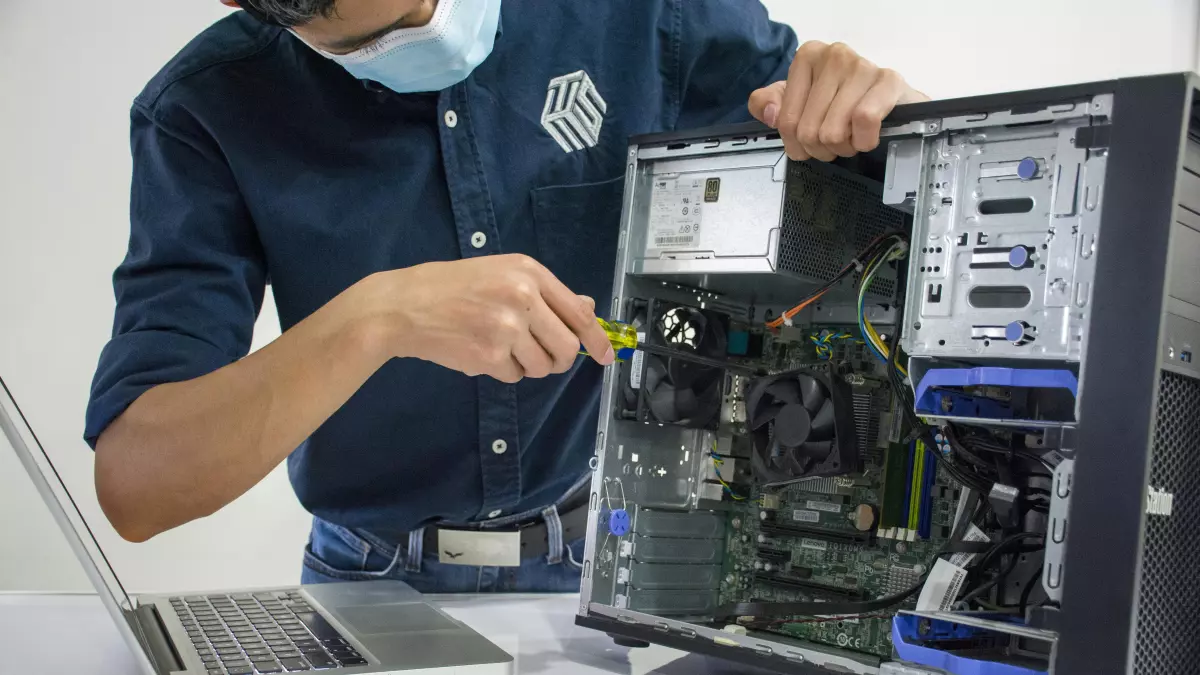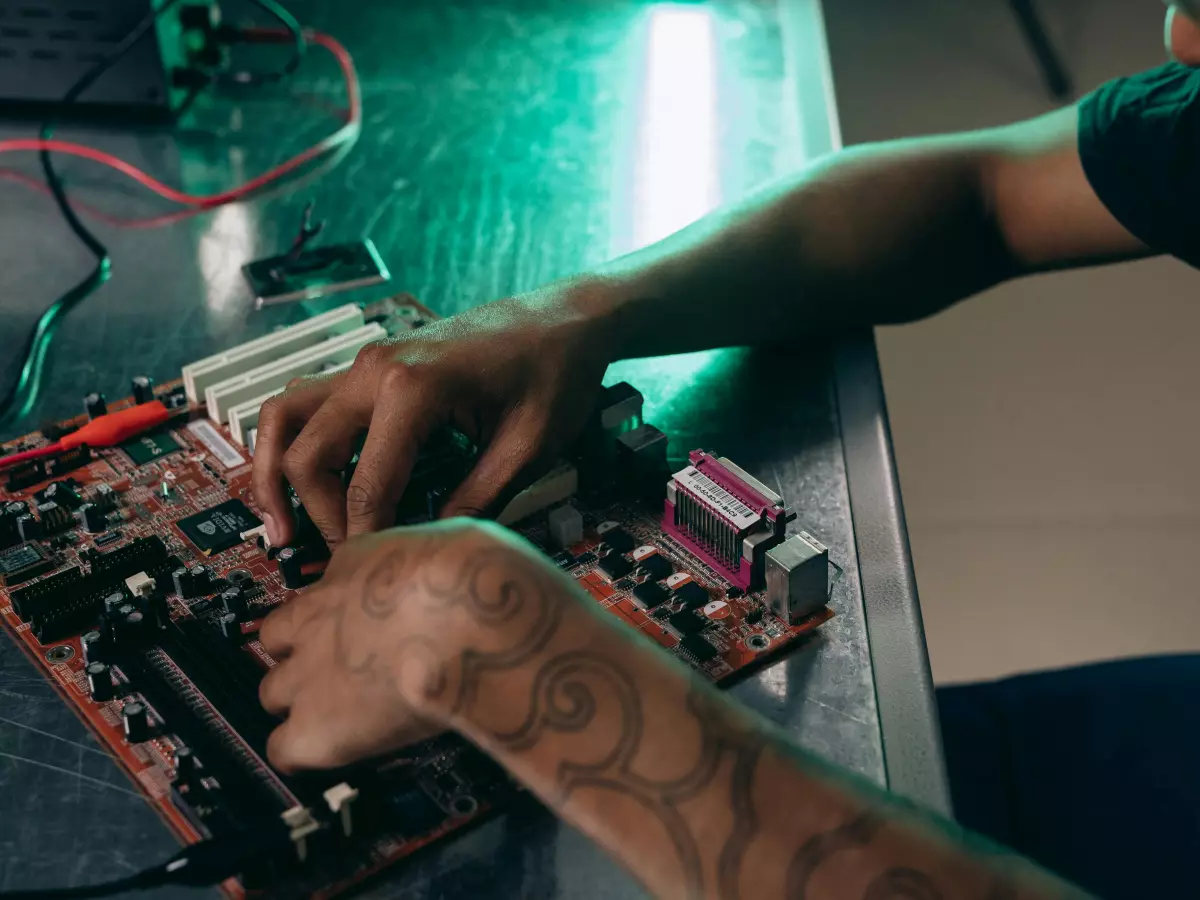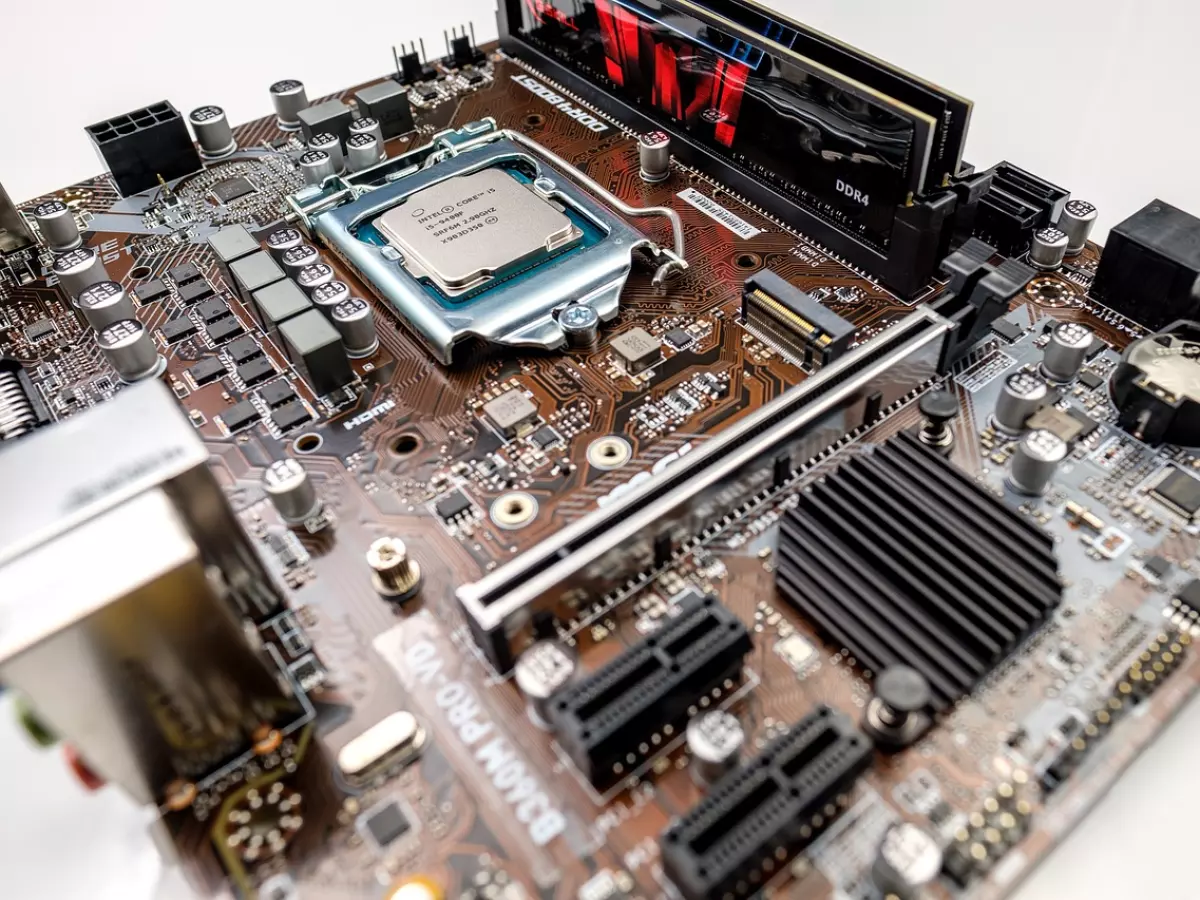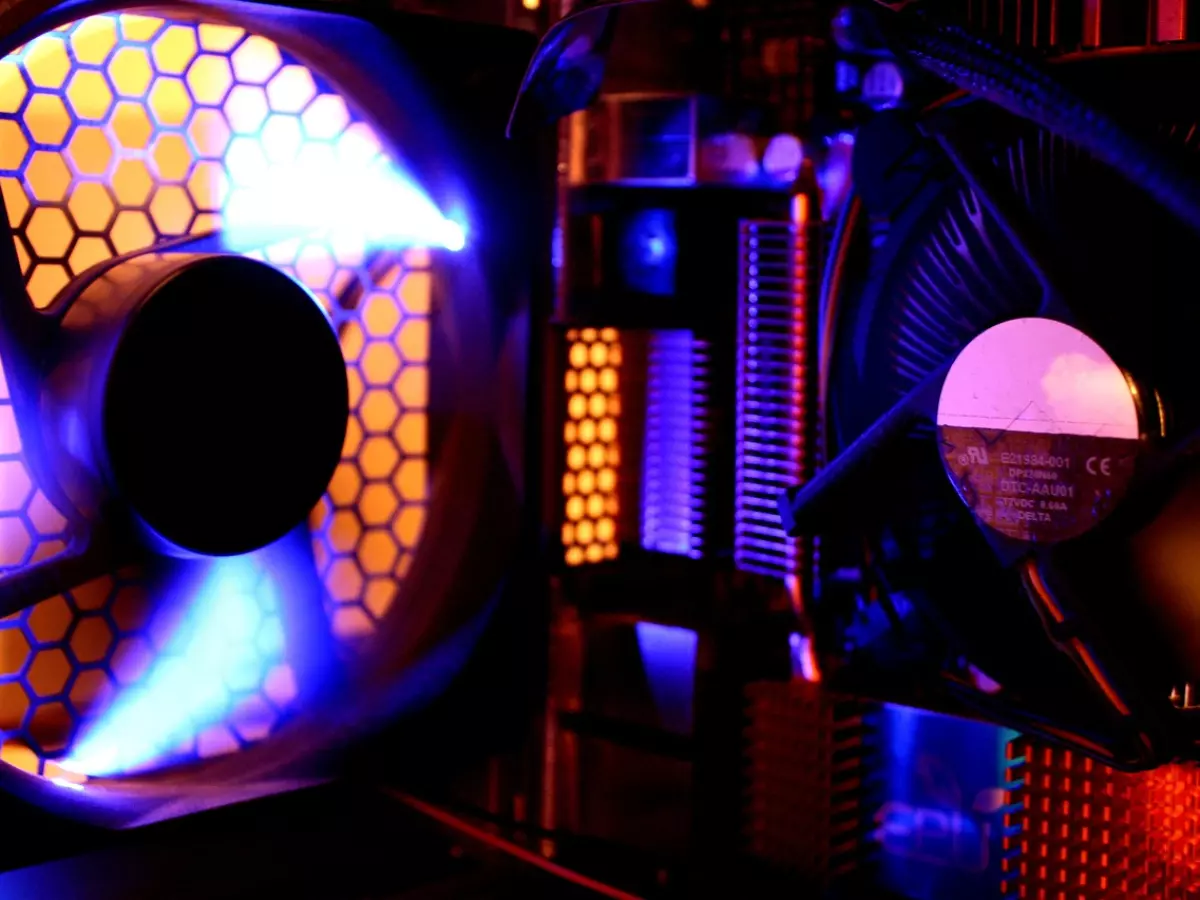Intel's Big Fix
"Finally! No more random crashes," my friend exclaimed, waving his hands in the air like he'd just won the lottery. "I thought my PC was cursed!"

By Wei-Li Cheng
For months, Intel's 13th and 14th-generation processors have been plagued by stability issues that left users pulling their hair out. Random crashes, system freezes, and performance hiccups were the unfortunate side effects of what was supposed to be Intel's next big leap in processing power. But now, it seems like the nightmare is over.
Intel has officially announced that the stability problems affecting their latest processors have been resolved. If you've been holding off on upgrading, or if you're one of the unlucky ones who already bought a system with these chips, this news is a big deal. But what exactly was the issue, and what does this fix mean for you? Let’s dive in.
What Went Wrong?
Let’s rewind a bit. Intel’s 13th and 14th-generation processors, also known as Raptor Lake and Meteor Lake, were supposed to be a game-changer. With improved performance, better power efficiency, and support for the latest tech, these chips had all the makings of a hit. But then, the stability issues started popping up.
Users reported random system crashes, blue screens of death (BSODs), and other frustrating bugs that made their shiny new processors feel more like a curse than a blessing. The culprit? A combination of firmware bugs and compatibility issues with certain motherboards. It was like trying to fit a square peg into a round hole—things just didn’t work as smoothly as they should have.
Intel worked tirelessly to identify the root cause of the problem, and after months of testing and tweaking, they’ve finally rolled out a fix. According to Clubic, the stability issues that have haunted Intel's processors are now a thing of the past. But how does this affect you, the user?
What Does This Mean for You?
If you’re a gamer, content creator, or just someone who relies on their PC for work, this fix is a game-changer. Stability issues can wreak havoc on your productivity and gaming experience. Imagine being in the middle of an intense gaming session or a crucial work project, only to have your system crash out of nowhere. Not fun, right?
With Intel’s fix, you can now enjoy the full power of their 13th and 14th-gen processors without worrying about random crashes or performance issues. This means smoother gaming, faster rendering times, and a more reliable overall experience. If you’ve been holding off on upgrading to one of these processors, now might be the perfect time to make the leap.
Should You Upgrade Now?
So, should you rush out and buy a new Intel processor now that the stability issues are fixed? Well, that depends on your needs. If you’re still rocking an older processor and you’ve been eyeing an upgrade, the 13th and 14th-gen Intel chips are now a solid option. With the stability issues resolved, you can enjoy all the benefits of these powerful processors without the headaches.
However, if you’re already using a high-end processor from Intel’s 12th-gen lineup or AMD’s Ryzen series, you might not see a massive performance boost by upgrading right away. The 13th and 14th-gen chips are impressive, but they’re not a quantum leap over their predecessors. If your current system is still running smoothly, you might want to wait for Intel’s next big release or consider AMD’s upcoming Ryzen 9000X3D processors, which are rumored to be absolute monsters in terms of gaming performance.
What About AMD?
Speaking of AMD, let’s not forget about the competition. While Intel has been busy fixing their stability issues, AMD has been quietly working on their next big thing—the Ryzen 9000X3D series. Rumors suggest that these processors will blow the current Ryzen 7000X3D chips out of the water, especially when it comes to gaming performance.
If you’re a hardcore gamer, the Ryzen 9000X3D series might be worth waiting for. These chips are expected to deliver insane performance in games, thanks to their advanced 3D V-Cache technology. While Intel’s 13th and 14th-gen processors are now stable and solid performers, AMD’s upcoming chips could offer even more power for those who demand the absolute best.
Final Thoughts
So, where does that leave us? Intel’s 13th and 14th-gen processors are finally stable, which is great news for anyone who’s been dealing with crashes and performance issues. If you’ve been holding off on upgrading, now is a good time to consider these chips, especially if you’re looking for a balance of performance and reliability.
However, if you’re a gamer who wants the absolute best performance, it might be worth waiting to see what AMD’s Ryzen 9000X3D series brings to the table. Either way, it’s an exciting time to be a tech enthusiast, with both Intel and AMD pushing the boundaries of what’s possible in the world of processors.
As my friend said, "No more random crashes? That’s all I needed to hear!"





